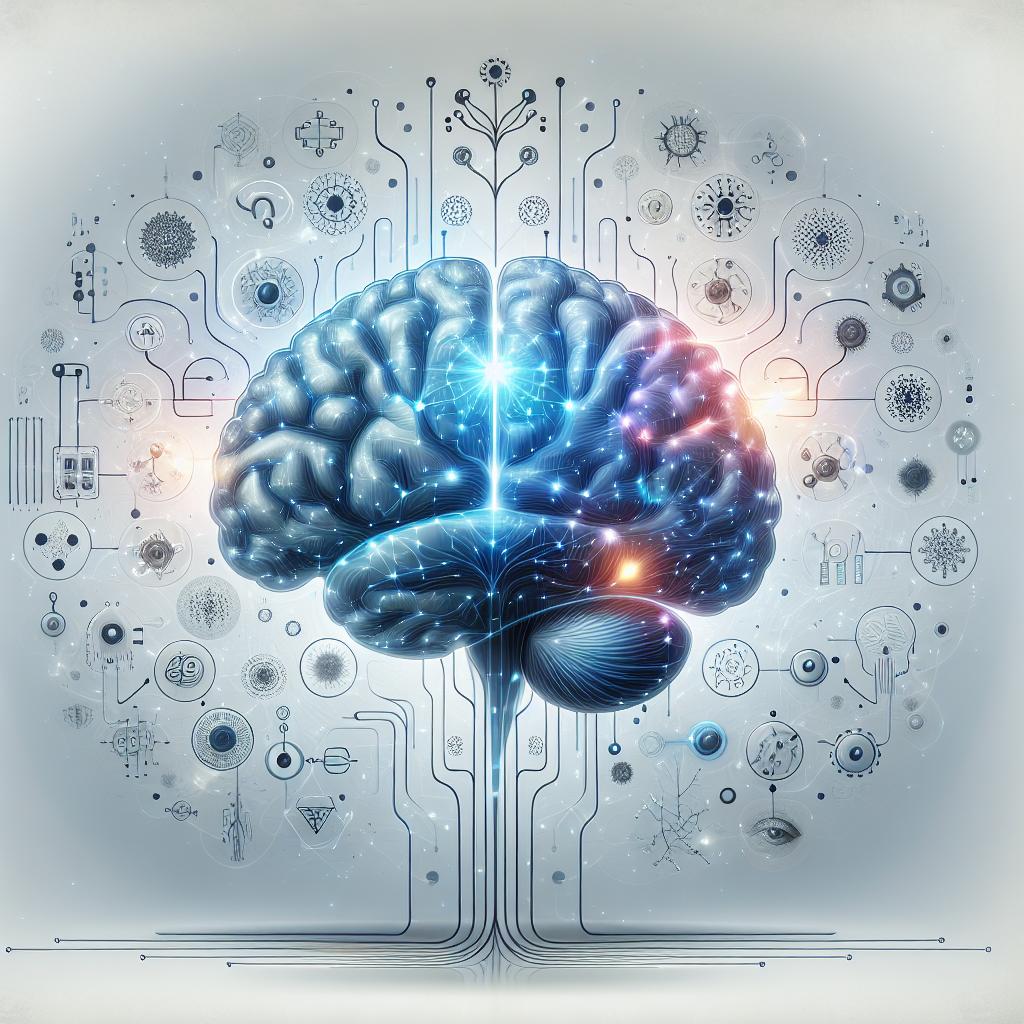-
Summary
- 2025-07-31 03:08

The intersection of neuroscience and technology has become increasingly pivotal in unraveling complex human experiences such as memory storage and consciousness. Research focusing on episodic memory highlights the innovative use of imagination as a tool for better understanding how our brains encode personal events. By examining these processes, scientists aim to decode the intricate pathways involved in long-term retention of memories, thus contributing significantly to cognitive sciences. On another front, advancements in capturing electrocorticographic (ECoG) signals offer profound insights into brain function. ECoG provides direct access to cortical activities, enabling more precise functional mapping of brain regions. Such technological strides not only enhance experimental accuracy but also pave the way for potential therapeutic interventions targeting neurological disorders.
Conversely, the realm of artificial intelligence continues to reshape digital landscapes, with notable contributions from tech giants like Google. Historically, Google established itself as a cornerstone of internet usability due to its straightforward interface and efficient search capabilities. However, recent developments involving AI integration into their platforms present mixed reactions among users and critics alike. While AI enhancements promise smarter functionalities and personalized interactions, some apprehensions exist regarding whether they will dilute the simplicity and reliability that originally attracted users to Google. Despite these concerns, the trajectory indicates a continuous evolution towards more intelligent systems that may redefine user expectations and experiences in the digital sphere.
This collection of articles focuses on significant aspects of neuroscience research. One study delves into understanding episodic memory through imaginative approaches, published on PubMed Central (PMC). It examines how imagination aids comprehension of neural mechanisms behind storing personal experiences over time. Another piece discusses recording human electrocorticographic (ECoG) signals which play an essential role in neuroscientific studies and real-time mapping of brain functions. This method allows researchers to monitor cortical activities directly from brain surfaces. Lastly, another article addresses the concept of consciousness by presenting a resonance theory that simplifies part of what is considered the 'hard problem' in philosophy and cognitive science. It explores how resonance phenomena might explain certain facets of conscious experience.
The article from 'The Independent' discusses how Google transitioned into being an exciting platform on the internet over time. It focuses specifically on the implications of introducing an Artificial Intelligence (AI) mode within Google services. Critics argue that this new feature could potentially harm the user experience that made Google appealing initially.
In both provided documents, there is consistent coverage regarding Google’s historical significance as a leading online platform and concerns about its AI mode negatively impacting its attractiveness.